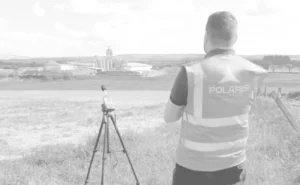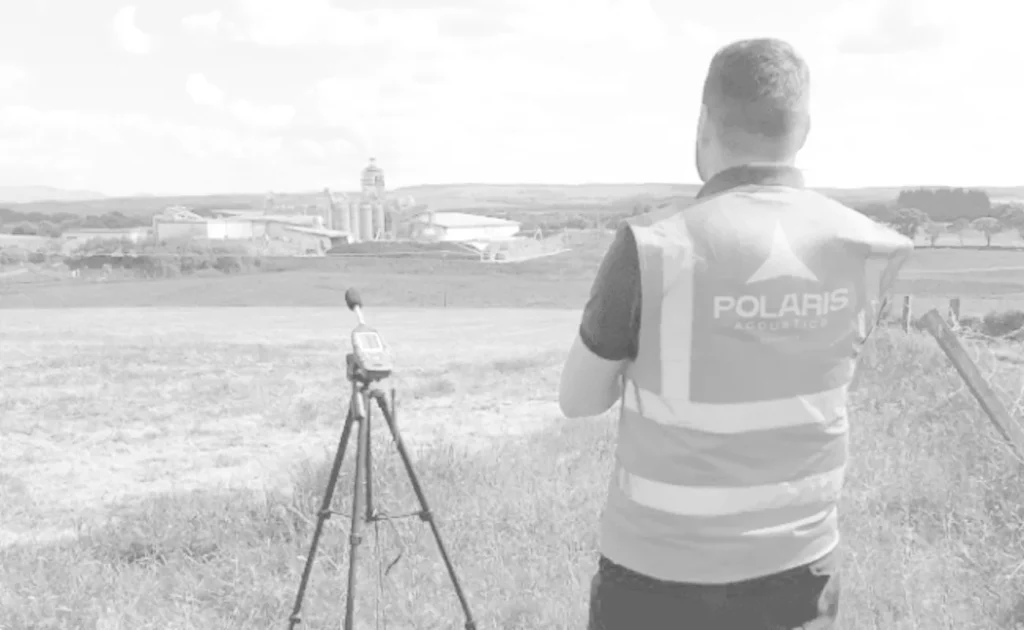Why is a noise survey necessary, and what’s with all the technical language in my report? As an acoustic consultant, I encounter numerous noise survey reports annually. Noise surveys constitute a fundamental aspect of an acoustician’s work, but what exactly do they entail, why are they crucial, and how are they conducted?
Why a Noise Survey is Essential for Building Projects
Noise surveys are a cornerstone of construction projects, ensuring compliance with noise standards and mitigating potential issues. As an acoustic consultant, understanding their significance is paramount. In this guide, we delve into the purposes of noise surveys, their timing, and their technical aspects.

Why Noise Surveys Are Crucial
In the realm of new or renovated buildings, noise surveys serve two primary purposes:
- Noise Ingress: Achieving indoor ambient noise level standards is crucial during development. Noise penetrates through various avenues, necessitating an understanding of exterior noise levels to determine sound insulation requirements. This involves assessing factors like average noise levels and the impact of sporadic noise sources, such as passing trains.
- Noise Pollution: Assessing noise levels and ensuring they don’t exceed existing background noise levels is vital for mitigating noise complaints, especially in neighbouring residential areas. Evaluating plant noise and operational activities within acceptable limits is essential for minimising disruptions.
When Are Noise Surveys Necessary?
Noise surveys typically occur during feasibility or early design stages. Conducting surveys early allows time to strategize ventilation, consider noise-sensitive room placement, and plan plant locations to minimize noise impact. They are often a requirement for planning submissions, with conditions related to noise pollution and operational restrictions. Often, surveys must be completed by a suitably qualified acoustician who possesses a membership to the Institute of Acoustics.
Is a Noise Survey Always Essential?
While not always mandatory, consulting an acoustician is advisable for most developments to ensure compliance and address potential noise issues, especially for refurbishments involving new plant equipment.
How Are Surveys Conducted?
Noise surveys involve on-site measurements during proposed operational hours, positioning microphones representative of the building façade and nearby noise-sensitive receptors. Understanding the complexity of the site and its noise sources determines the number of measurement positions required.
Understanding the Report
Interpreting technical terms like LAeq, LAmax, and LA90 is crucial for effective decision-making. These parameters assess noise ingress and pollution, while terms like Lday and LCpeak serve specific assessment purposes.
In conclusion, noise surveys are indispensable for ensuring compliance with noise standards and mitigating potential issues in building projects. Understanding the technical language in survey reports is essential for effective interpretation and decision-making.
If you would like us to complete a noise survey for your next project – please get in touch!



